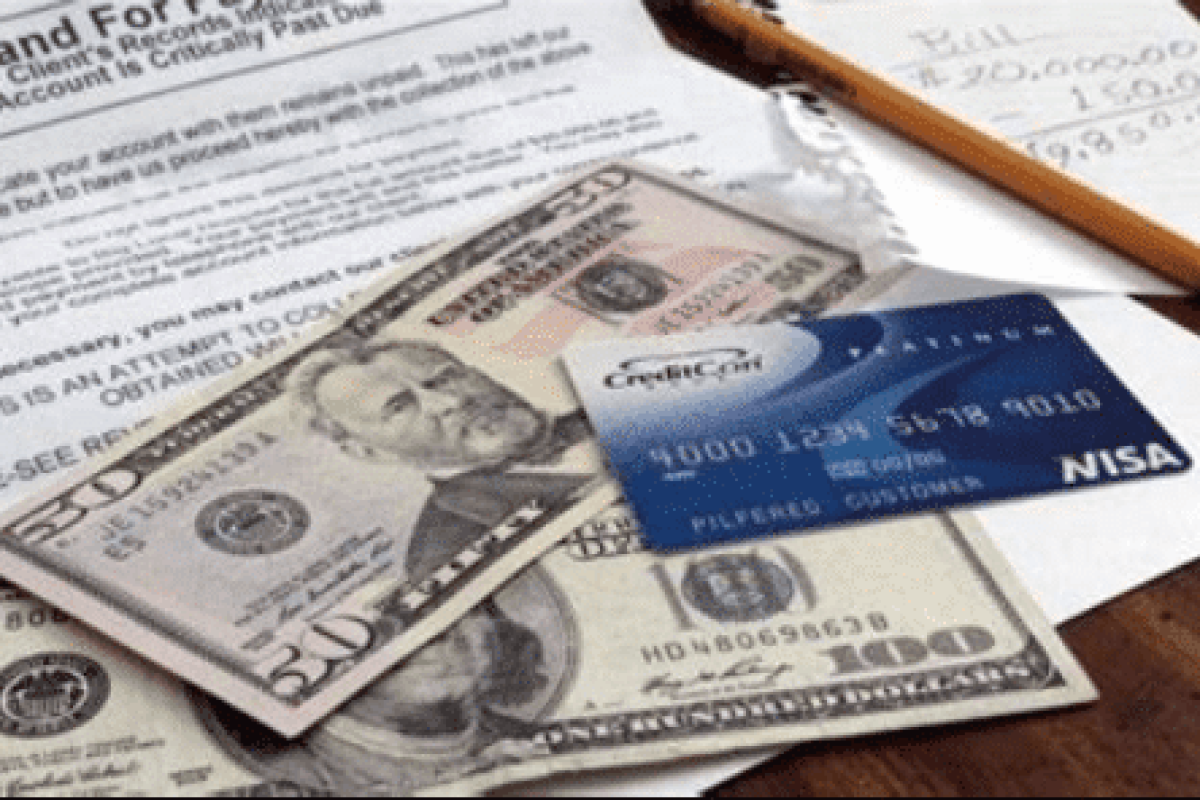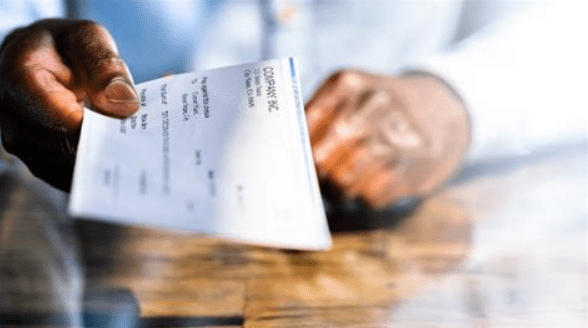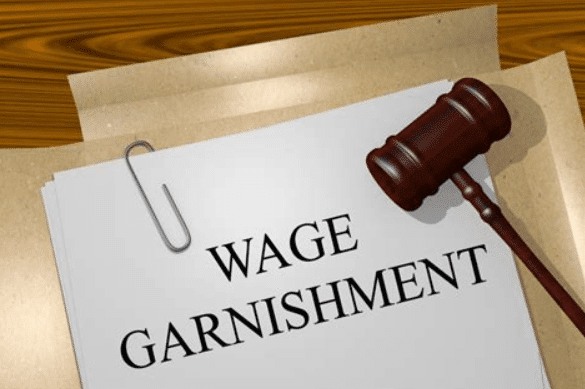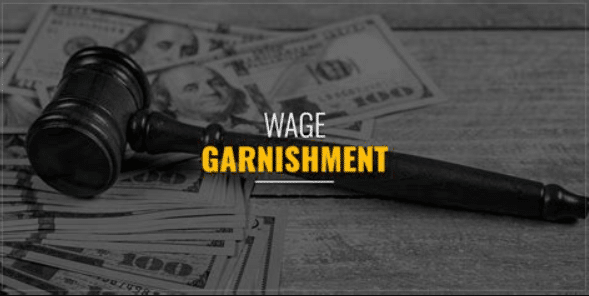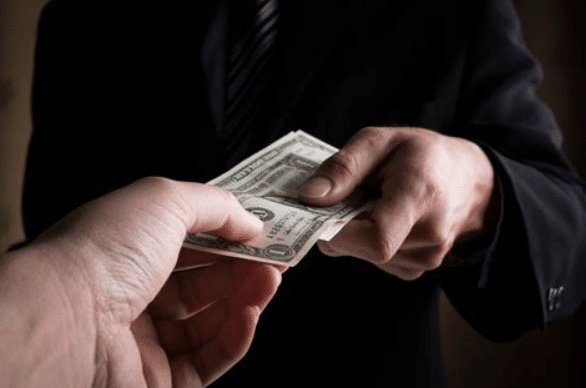Even in the midst of wage garnishment proceedings, there remains a pathway to resolution. If facing a debt-related lawsuit, utilize ZumaZip.com to respond promptly, typically within 15 minutes, effectively preventing wage garnishment.
Receiving notice of impending wage garnishment can trigger a range of emotions. The prospect of someone else accessing your hard-earned income may feel intrusive, unsettling your sense of control and financial security. Rest assured, we’re here to assist. Explore ZumaZip.com for actionable steps to halt wage garnishment and safeguard your financial well-being.
Why Is This Happening?
Wage garnishment, stemming from unpaid debts or outstanding obligations, including past-due child support, poses a significant financial challenge. Upon receiving a Writ of Garnishment, issued by a judge, creditors are authorized to deduct a percentage of your wages until the debt is resolved—up to 25% of your income, in some cases. Essentially, your creditor maintains access to your earnings until the debt is fully repaid. This intrusion into your finances can disrupt savings goals or exacerbate existing financial strain, irrespective of your circumstances or hardships.
However, there are proactive steps you can take to defend your financial interests and mitigate the impact of wage garnishment.
What Can I Do to Stop Garnishment?
Here are a few options you can take to fight back and protect your wallet.
File Your Answer to Avoid Default Judgement
Upon receipt of a Writ of Garnishment, prompt action is crucial as you typically have 30 days to respond, unless stated otherwise in the writ. Ignoring the garnishment and hoping it dissipates is not advisable, as failure to respond by the deadline often results in a Default Judgment, favoring the creditor or plaintiff.
Filing an Answer is essential, as it allows you to address the allegations presented by the plaintiff in their filing. In some states like Virginia, you may utilize a Garnishee Answer form tailored for this purpose.
While filing an Answer may seem daunting, it doesn’t have to be a complex process. ZumaZip offers assistance in generating and filing your Answer with the court, streamlining the process and alleviating the burden of navigating it independently.
File a Claim of Exemption to Stop Wage Garnishment
To halt wage garnishment effectively, filing a Claim of Exemption—or in some instances, a Motion for Exemption—is paramount and should be done expeditiously. Time is of the essence, as garnishment procedures can proceed swiftly, often within a matter of days. Many states afford a narrow window, typically between 5-10 days, for filing the Exemption form.
Some courts may schedule a hearing upon receiving your exemption form, while others may provide the option to request one. Regardless, attending the hearing presents an opportunity to present your case effectively.
Certain states, such as Florida, simplify the process by offering a designated form, such as the Claim of Exemption and Request for Hearing form. Completing this form involves selecting pertinent reasons why the court should preclude wage garnishment. Filing a Claim of Exemption serves as a proactive measure to halt garnishment and assert your rights.
Common exemptions that may apply include:
- Social Security Benefits
- Supplemental Security Benefits
- Public Assistance
- Worker’s Compensation
- Unemployment Compensation
- Veterans’ Benefits
- Disability Income
- Child Support
- Payments under retirement, pension, and annuity plans
- Alimony, support, or separate maintenance
After the initial shock of discovering impending wage garnishment, it’s common for individuals to overlook crucial documents like the Claim of Exemption form. Now that clarity has set in, it’s imperative to meticulously review all received documents.
If you did not receive a Claim of Exemption form, several avenues exist to obtain it. You may request the form directly from the Clerk of Court, access it conveniently on your court’s website, or even receive it from your bank or employer.
Responding promptly and notifying the court of your eligibility for exemption from garnishment is pivotal. Taking this proactive step can effectively halt the garnishment process.
Pay Off the Debt to Settle the Lawsuit
Halting wage garnishment by paying off the debt is not always a feasible option after receiving a Writ of Garnishment, especially if the creditor has already proposed debt settlement offers. However, if your creditor is open to cooperation, resolving the debt through payment remains a viable solution. It’s crucial to adhere to the previously outlined steps while pursuing this course of action.
In cases where the creditor is willing to negotiate, they may agree to settle the debt for a fraction of the initial amount owed. Alternatively, they may permit you to make consistent monthly payments until the debt is fully repaid. Regardless of the arrangement, ensure that all terms are documented in writing to guarantee cessation of the garnishment.
Not Our Favorite Option, but it Might be the Option for You – Filing for Bankruptcy.
Filing for bankruptcy presents another avenue to prevent wage garnishment, albeit with considerations specific to your circumstances. Consulting with a bankruptcy professional is essential, as Chapter 7 and Chapter 13 bankruptcies may have varying implications depending on the nature of your debt.
If you’re contemplating bankruptcy due to substantial debt, seeking guidance from a debt collection attorney is advisable. At ZumaZip.com, we collaborate with debt collection attorneys, offering the option to have your Answer reviewed by a professional for added reassurance.
While wage garnishment may leave you feeling powerless, these strategies empower you to take control of your financial situation and safeguard your resources for personal goals.
What is ZumaZip?
ZumaZip is a convenient solution designed to streamline your response to a debt collection lawsuit. Here’s a breakdown of what you can expect when you use ZumaZip:
Firstly, you’ll access our user-friendly web application, which guides you through the process step by step. You’ll be prompted to answer a series of questions related to your specific situation. Once you’ve completed the questionnaire, you have the option to either print out the finalized forms and mail them to the appropriate courts yourself, or you can opt to utilize ZumaZip’s services to file them on your behalf. Additionally, if you choose this option, an attorney will review your document for added peace of mind.
If you’re seeking guidance on how to effectively respond to a debt collection lawsuit, ZumaZip can provide the assistance you need. Feel free to explore our FAQs for more information on what ZumaZip has to offer.
What if I haven’t been sued yet?
If you’ve only received a collections notice, but not a lawsuit, the best way to respond is with a Debt Validation Letter. When a debt collector contacts you in any way, whether it’s by phone or mail, you can respond by formally requesting a debt validation with a Debt Validation Letter . This letter notifies the collector that you dispute the debt and forces them to provide proof you owe the debt. They can’t call you or continue collecting until they provide validation of the debt. This flowchart shows how you can use a Debt Validation Letter to win.
Get started with a Debt Validation Letter here.
How to Answer a Summons for debt collection in all 50 states
Here’s a list of guides on how to respond to a debt collection lawsuit in each state:
- Alabama
- Alaska
- Arizona
- Arkansas
- California
- Colorado
- Connecticut
- Delaware
- Florida
- Georgia
- Hawaii
- Idaho
- Illinois
- Indiana
- Iowa
- Kansas
- Kentucky
- Louisiana
- Maine
- Maryland
- Massachusetts
- Michigan
- Minnesota
- Mississippi
- Missouri
- Montana
- Nebraska
- Nevada
- New Hampshire
- New Jersey
- New Mexico
- New York
- North Carolina
- North Dakota
- Ohio
- Oklahoma
- Oregon
- Pennsylvania
- Rhode Island
- South Carolina
- South Dakota
- Tennessee
- Texas
- Utah
- Vermont; Vermont (Small Claims court)
- Virginia
- Washington
- West Virginia
- Wisconsin
- Wyoming
Guides on how to beat every debt collector
Hey there! Facing off against a debt collector can feel like a daunting challenge, but fear not! We’re here to help you navigate through it all with our handy guides designed to assist you in beating every debt collector you encounter. Whether you’re facing a new lawsuit or dealing with a persistent collector, we’ve got your back. Stay positive, stay informed, and let’s tackle this together!
- Absolute Resolutions Investments LLC
- Accredited Collection Services
- Alliance One
- Amcol Clmbia
- American Recovery Service
- Asset Acceptance LLC
- Asset Recovery Solutions
- Associated Credit Services
- Autovest LLC
- Cach LLC
- Cavalry SPV I LLC
- Cerastes LLC
- Colinfobur
- Covington Credit
- Crown Asset Management
- CTC Debt Collector
- Cypress Financial Recoveries
- Delanor Kemper & Associates
- Eagle Loan of Ohio
- Educap
- Estate Information Services
- FIA Card Services
- Forster & Garbus
- Freshview Solutions
- Fulton Friedman & Gullace LLP
- Harvest Credit Management
- Howard Lee Schiff
- Hudson & Keyse LLC
- Integras Capital Recovery LLC
- Javitch Block
- Jefferson Capital Systems LLC
- LVNV Funding
- Mannbracken
- Mariner Finance
- Medicredit
- Michael J Adams PC
- Michael J Scott
- Midland Funding LLC
- Mullooly, Jeffrey, Rooney & Flynn
- Mountain Land Collections
- MRS Associates
- National Collegiate Trust
- Nationstar Foreclosure
- Northstar Capital Acquisition
- NCEP LLC
- NRC Collection Agency
- OneMain Financial
- Palisades Collection LLC
- Pallida LLC
- Paragon Revenue Group
- Pinnacle Collections Agency
- PMAB LLC
- Portfolio Recovery Associates
- Provest Law
- PYOD LLC
- Reunion Student Loan Finance Corporation
- Revenue Group
- Regents and Associates
- RSIEH
- Salander Enterprises LLC
- Second Round Sub LLC
- Security Credit Services
- Sherman Financial Group
- Suttell and Hammer
- T-Mobile
- Transworld Systems
- Tulsa Teachers Credit Union
- UCB Collection
- Velo Law Office
- Velocity Investments
- Waypoint Resource Group
- Weinberg and Associates
- Wolpoff & Abramson
Settle your medical debt
Having a health challenge is stressful, but dealing medical debt on top of it is overwhelming. Here are some resources on how to manage medical debt.
- Am I Responsible for My Spouse’s Medical Debt?
- Do I Need a Lawyer for Medical Bills?
- Do I Need a Lawyer to Fight Medical Bill Debt?
- Does Bankruptcy Clear Medical Debt?
- How Much Do Collection Agencies Pay for Medical Debt?
- How to Find Medical Debt Forgiveness Programs
- Is There a Statute of Limitations on Medical Bills?
- Medical Debt Statute of Limitations by State
- Summoned to Court for Medical Bills — What Do I Do?
- Summoned to Court for Medical Bills? What to Do Next
Stop calls from Debt Collectors
Do you keep getting calls from an unknown number, only to realize that it’s a debt collector on the other line? If you’ve been called by any of the following numbers, chances are you have collectors coming after you, and we’ll tell you how to stop them.
- 800-390-7584
- 800-289-8004
- 800-955-6600
- 877-366-0169
- 877-591-0747
- 800-278-2420
- 800-604-0064
- 800-846-6406
- 877-317-0948
- 888-899-4332
- 888-912-7925
- 202-367-9070
- 502-267-7522
Other wage garnishment resources
- Bank Account Garnishment and Liens in Texas
- Can I Stop Wage Garnishment?
- Can My Wife’s Bank Account Be Garnished for My Debt?
- Can Payday Loans Garnish Your Wages?
- Can pensions be garnished?
- Can Private Disability Payments Be Garnished?
- Can Social Security Disability Be Garnished?
- Can They Garnish Your Wages for Credit Card Debt?
- Can You Stop a Garnishment Once It Starts?
- Guide to Garnishment Limits by State
- How Can I Stop Wage Garnishments Immediately?
- How Long Before a Creditor Can Garnish Wages?
- How Long Does It Take to Get Garnished Wages Back?
- How to Fight a Wage Garnishment
- How to Prevent Wage Garnishment
- How to Stop a Garnishment
- How to Stop Social Security Wage Garnishment
- How to Stop Wage Garnishment — Everything You Need to Know
- New York Garnishment Laws – Overview
- Ohio Garnishment Laws — What They Say
- Wage Garnishment Lawyer
- What Is Wage Garnishment?

